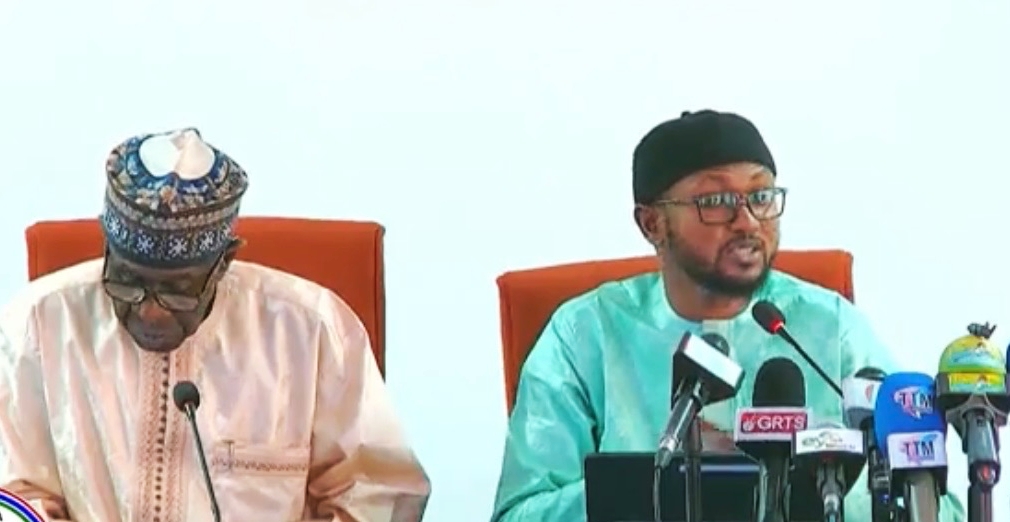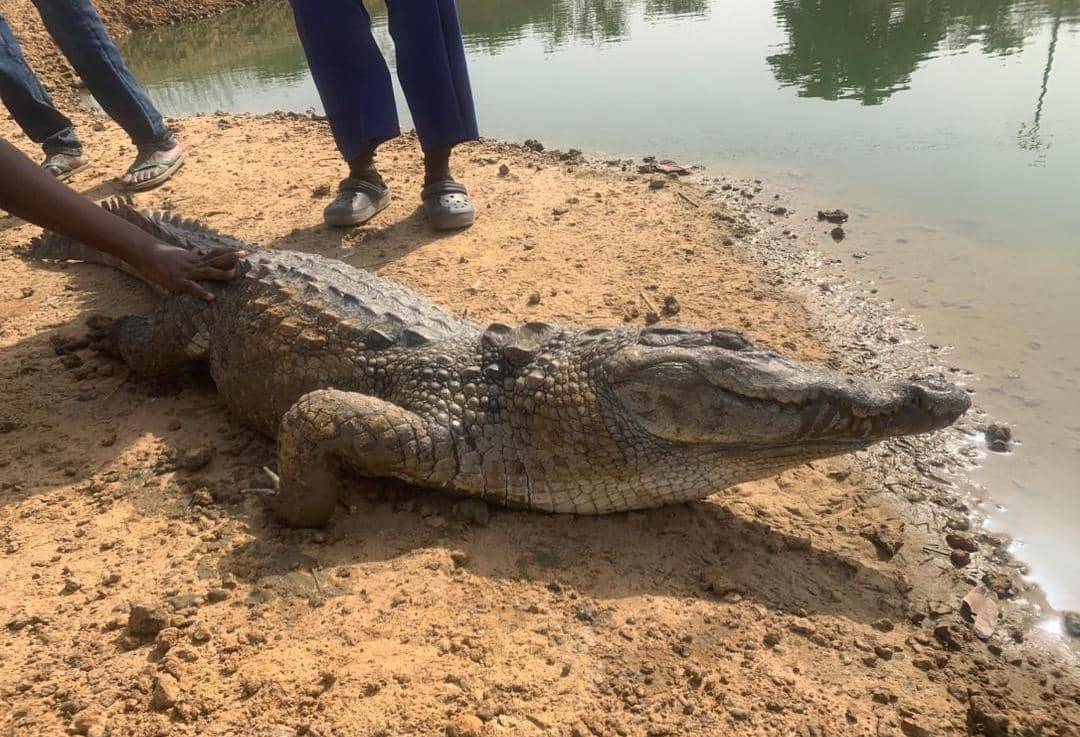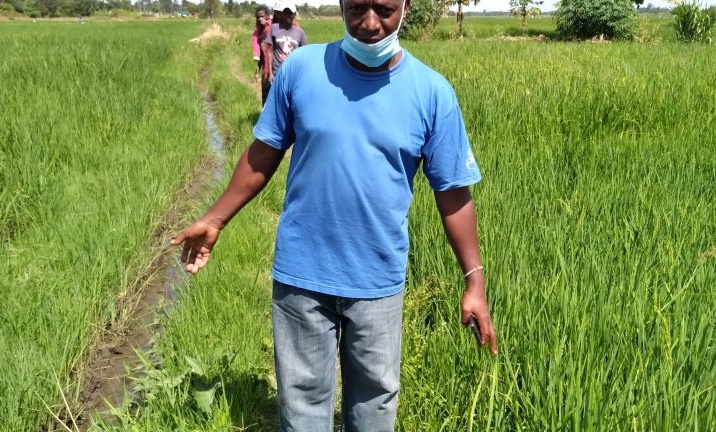Gambiaj.com – (JENOI, The Gambia) – The Gambian Ministry of Agriculture, Livestock and Food Security (MoALFS), in collaboration with the Ministry of Commerce of the People’s Republic of China, has launched a 30-day training program on hybrid rice production technology. The program, inaugurated at the Jenoi Farmers Training Center in the Lower River Region on Thursday, November 7, 2024, aims to equip Gambian farmers with advanced skills to maximize rice yields and improve food security.
The training program, implemented by Yuan Longping High-Tech Agricultural Co., Ltd., focuses on hybrid rice—a technique that uses cross-breeding of different rice varieties to create high-yield hybrids with desirable characteristics. Known as heterosis, or hybrid vigor, these F1 hybrids are superior to their parent strains, offering significant advantages in yield and grain quality.
“Hybrid rice farming has the potential to transform The Gambia’s agricultural landscape,” said a representative from the Ministry of Agriculture. “Yields of hybrid rice can exceed those of conventional rice varieties by up to three tonnes per hectare, making it a promising solution for addressing food security concerns in our country.”
The Food and Agriculture Organization (FAO) has identified hybrid rice technology as a vital approach for increasing global rice production to meet the world’s growing food needs. In The Gambia, where rice is a staple, bolstering local rice production could reduce dependence on imports and enhance self-sufficiency.
The program will provide comprehensive training to Gambian farmers on soil analysis, fertilizer application, seed soaking, planting, and other key techniques essential to successful hybrid rice cultivation.
The training also addresses some of the challenges unique to hybrid rice farming, such as the high cost of seeds, intensive labor requirements, and the need for specialized skills in cross-pollination. By empowering local farmers with practical knowledge, the initiative aims to overcome these hurdles and boost the country’s rice output.
While hybrid rice has shown promise in increasing yields and grain quality, the complexity and costs associated with the technology have posed challenges globally. According to MoALFS, hiring experts in hybrid rice cultivation is crucial for success, as the method requires precise techniques and dedicated effort to produce high-quality hybrid seeds.
This partnership with China marks a significant step toward agricultural innovation in The Gambia. If successful, the project could serve as a model for scaling up rice production across West Africa, contributing to broader regional food security efforts.
As the training progresses, MoALFS and Yuan Longping High-Tech Agricultural Co. will monitor the farmers’ progress to ensure that the program’s goals are met, potentially laying the groundwork for a more food-secure future in The Gambia.










